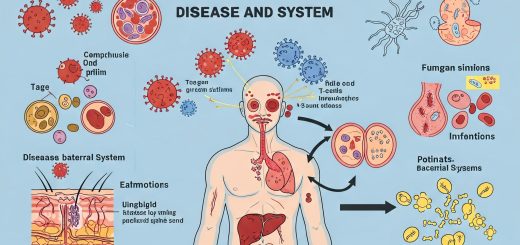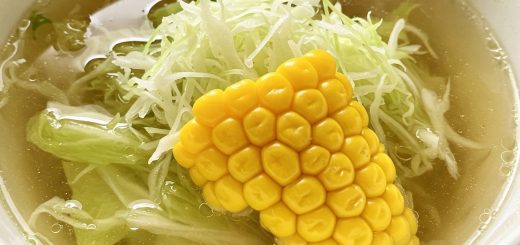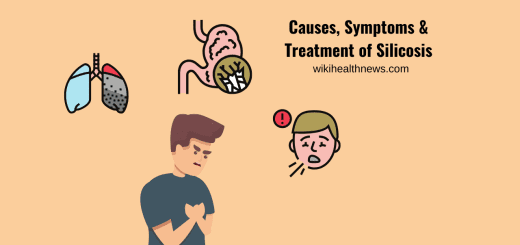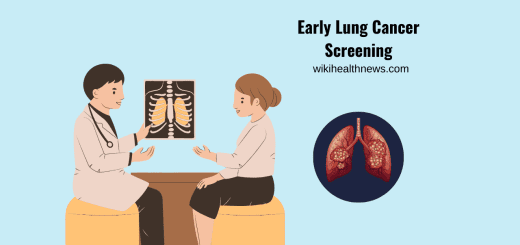Blood Thinning Agents: Benefits & Risks
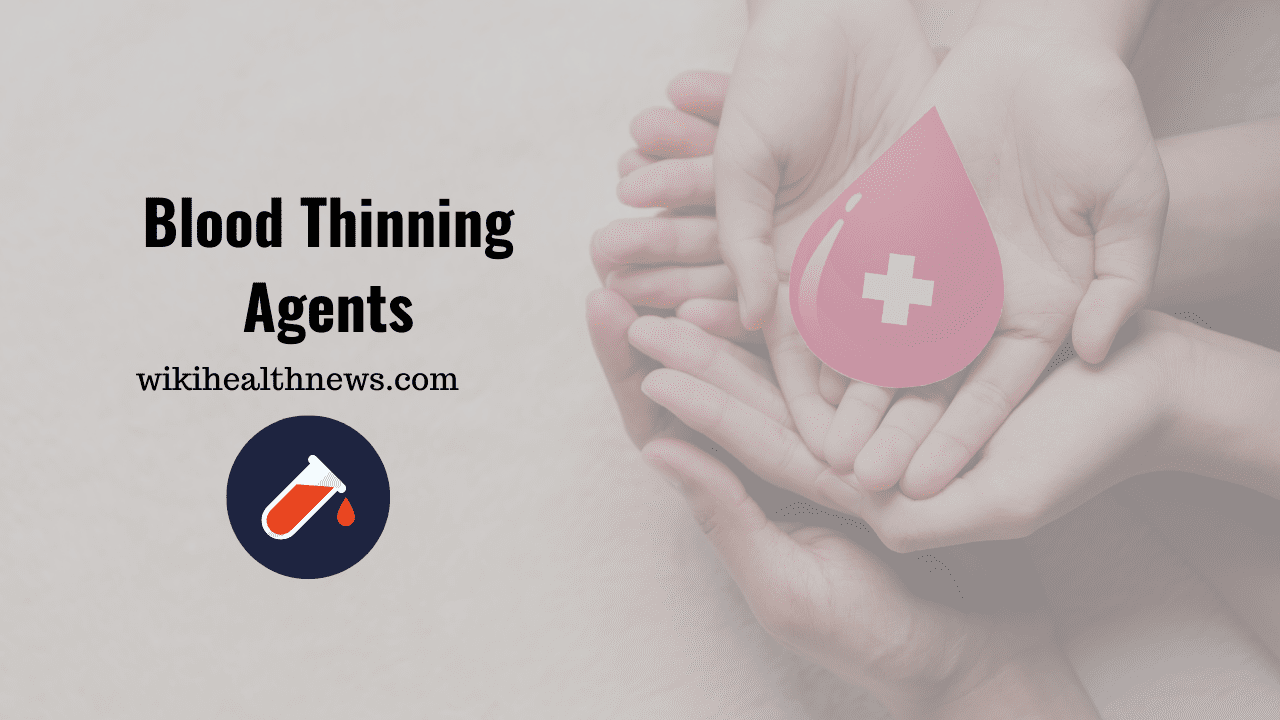
Blood thinners prevent the formation of blood clots by limiting coagulation. Antiplatelet and anticoagulant medicines are among them. These are agents which can not modify the viscosity of blood. However, their capacity to prevent clotting can help protect patients against strokes and heart attacks. Blood thinning agents are frequently prescribed by cardiologists and other medical experts to patients with irregular heartbeat, heart disease, blood vessel disease, or deep vein thrombosis (DVT). Also these agents are suggested after embryo transfer to infertile couple to enhance implantation. However, their role in embryo implantation is not yet proved.
What are blood thinners?
Drugs known as blood thinners help to lower the possibility of blood clot formation. Although the term “blood thinner” is sometimes misused to refer to these drugs because the thickness of blood is not altered, they provide vital safeguards for those who are at risk of blood clots. These are frequently administered to people with a history of heart attack or stroke. Significant hazards include excessive and internal bleeding, which can cause consequences ranging from minor bruises to hemorrhagic stroke, a form of brain hemorrhage that necessitates immediate emergency care. Discuss any hazards with your doctor, and take medication as directed.
When do you need blood thinning agents?
For patients who are thought to be at an increased risk of having a heart attack, stroke, or blood clots, doctors will prescribe blood thinners. If you have any of the following conditions or have had any of these events, your doctor might recommend a blood thinner to you:
- Heart fibrillation (AFib)
- Blood vascular disorders, such as pulmonary embolism or deep vein thrombosis (DVT) (PE)
- Inherited cardiac conditions
- Heart condition
- Surgery to replace a heart valve
- When blood clots are a risk following surgery
Atrial Fibrillation is a specific risk due to its numerous risk factors. This kind of irregular heartbeat is characterized by a rapid or palpitating heartbeat. A stroke is five times more likely to occur in AFib patients than in the general population. For those with atrial fibrillation, direct oral anticoagulants, or DOACs, have been found to be less dangerous than warfarin. According to a recent study, apixaban is the most secure blood thinner among DOACs, including dabigatran, edoxaban, and rivaroxaban, and was published in November 2022 in Annals of Internal Medicine. The lowest risk of gastrointestinal bleeding was seen with apixaban.
How do blood thinners work?
Blood thinners function in many ways. Some inhibit or diminish vitamin K’s effects on blood coagulation. Others obstruct the enzymes or proteins that bind platelets and blood cells. To prevent platelets from adhering to one another or to blood channel walls, another kind of blood thinner is also effective.
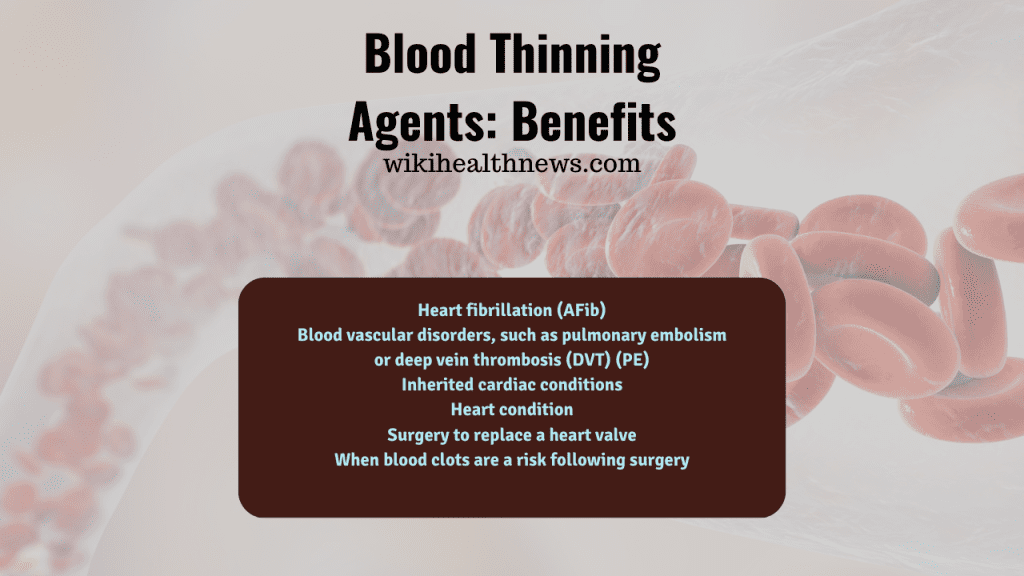
What are the most common blood thinners?
Both traditional and modern blood thinners can be categorized into two groups: anticoagulants like warfarin and antiplatelet drugs like aspirin. Each has a unique effect on the coagulation, or blood clotting, process.
Anticoagulants inhibit the body’s clotting process by concentrating on coagulation components and disrupting them. Antiplatelet medications inhibit platelets from adhering to one another and creating clots.
Anticoagulants
There are numerous anticoagulants available. Despite the introduction of newer blood thinners, warfarin, which was first used in the 1950s, is still a common drug. According to the American Food and Drug Administration, 2 million people still take warfarin
Most common anticoagulant medicines
The oldest blood thinner, warfarin (coumadin), prevents the production of clotting components that depend on vitamin K. Vitamin K is the cure.
Eliquis (apixaban) is an oral drug that affects the synthesis of the thrombin enzyme, which is responsible for blood clotting.
Heparin: An injection is used to provide this liquid, quickly acting drug. It stops a thrombin-inducing enzyme from causing the body to produce fibrin, a protein that aids in the formation of clots.
Antiplatelet drugs
Aspirin is the antiplatelet drug that is most frequently used. For patients at risk of blood clots, heart attacks, and strokes, doctors frequently advise taking aspirin over-the-counter in a variety of doses. Despite being available both over-the-counter (OTC) and in prescription form, aspirin is typically exclusively administered for lupus and rheumatoid arthritis symptoms. When someone has unstable or acute coronary syndrome, it is occasionally advised to use OTC aspirin along with other antiplatelet medications (angina).
What are the top 4 antiplatelet drugs?
Aspirin: Individuals who are more susceptible to having a heart attack or stroke frequently use aspirin. It’s common advice for those having heart attack symptoms to take low-dose chewable aspirin and dial 911 right away.
Brilinta (ticagrelor): Patients who have already experienced a heart attack are frequently given this medicine. Aspirin is occasionally taken along with it.
The effects of Effient (prasugrel), which are almost identical to those of Plavix, are permanent.
Persantine (dipyridamole) inhibits platelet activation by promoting the formation of a class of fatty acids known as prostacyclin.
Clopidogrel, the active ingredient in Plavix, prevents platelets from adhering to one another. Similar to Effient, Plavix has permanent effects.
Is there any natural way to replace blood thinners?
Natural blood thinners are sources that don’t require a prescription and slow or stop clotting, but they can’t take the place of anticoagulants or antiplatelet that are prescribed. They may contain substances like alcohol, food, or herbs like celery seed, anise seed, ginger, garlic, and ginger. Before including any natural blood thinners in your regular regimen, consult your doctor. While being advertised as “natural,” vitamins and homeopathic treatments still run the risk of having negative side effects or triggering an allergic reaction. Several dietary supplement items are unregulated. If you consume these substances along with prescription blood thinners, your risk of bleeding may rise.
Precautions while taking blood thinners
Natural blood-thinning characteristics can be found in some foods, herbs, spices, and oils that contain significant levels of vitamin E, salicylates, natural antibiotics, or omega-3 fatty acids. Eating them while taking blood thinners can make bleeding more likely. Eating foods high in vitamin K can affect how your blood thinner works, notably warfarin, as some blood thinners block this vitamin, which is essential for coagulation. Avoid substances including alcohol, narcotics, and herbal supplements that can interact with blood thinners like warfarin.
Negative interactions with blood thinners can include:
Alcohol: While taking blood thinners, light to moderate alcohol use can increase the risk of bleeding, but high alcohol consumption can raise the chance of blood clots.
Amiodarone: Although there isn’t much data on this medication, it may increase bleeding when combined with blood thinners to treat life-threatening cardiac rhythm problems.
Antibiotics: Many antibiotics have the risk of reducing the effectiveness of blood thinners like warfarin to varied degrees.
Antifungal Drugs: Certain medications, such as itraconazole and ketoconazole, might enhance the effects of blood thinners, increasing the risk of excessive internal bleeding.
Carbamazepine: Using this anti-epileptic drug may reduce the effectiveness of blood thinners like warfarin.
Coenzyme Q10: The evidence is conflicting, however some research suggests consuming CoQ10 reduces the effectiveness of Plavix and Coumadin.
Do they have any side effects?
The most frequent adverse effects of using a blood thinner are bruising and redness. Uncontrolled bleeding, especially internal bleeding, is the most dangerous side effect. The life-threatening nature of hemorrhage necessitates prompt medical intervention.
Side effects of blood thinners include:
- bleeding more than usual while having a period.
- blood being coughed out.
- bleeding from cuts that won’t stop.
- bleeding gums or a runny nose that won’t quit.
- stomach pains or severe headaches that won’t go away.
- Stools that change color to red, brown, or black.
- urine turning dark brown or crimson.
Blood thinners can also make you bruise more easily and lead to the development of blood blisters. Moreover, they could leave you feeling weak, faint, woozy, or queasy. Aspirin-induced asthma and the emergence of nasal polyps are a couple of the negative effects unique to antiplatelet medications.






